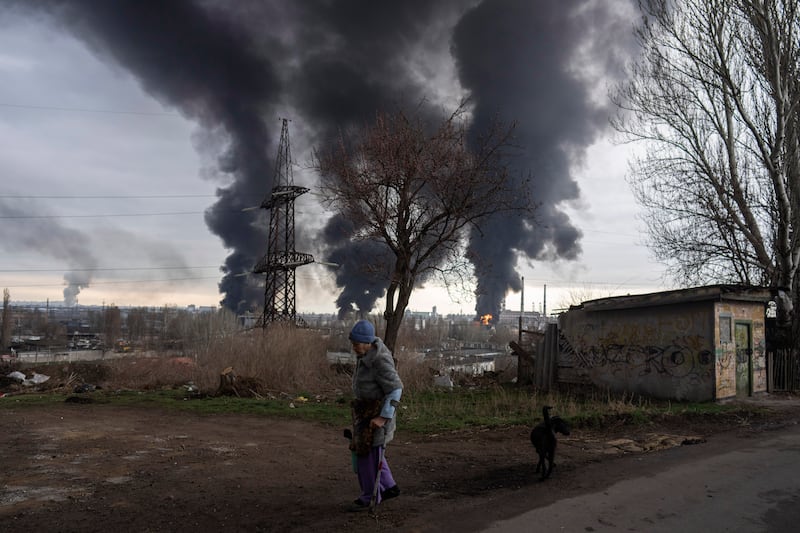This month, the world has made notable steps toward curbing climate change. Canada has banned single-use plastics, the U.S. is beginning the process of holding fossil fuel companies accountable for environmental damages, and Norway is leading the pack in innovation for electric vehicle infrastructure.
Europe, struggling to gain energy independence, is forced to lean on coal in the short term to offset the reduction in imported Russian oil. The invasion of Ukraine has accelerated the need for clean energy, but many governments including Germany are delaying the retirement of coal plants, the most polluting fossil fuel source, to make it through next winter.
Canada bans single-use plastics
Canada will cease the import and manufacturing of harmful plastics by the end of the year, according to The Washington Post. The sale of the products will end by December 2023 to give a window of transition, and the export of these plastic products must stop by the end of 2025.
More countries are taking action on the issue as they experience the negative environmental and health effects of plastic waste. Al Jazeera reports France is phasing out some plastics this year, including grocery bags. A plastic ban in Kenya occurred in 2017 taking the lead in this type of legislation, though the country still struggles with its recycling infrastructure.
The United States is one of the leading contributors to plastic waste pollution, according to a study published last year. Industry opposition has prevented sweeping bans like those in Chile or the U.K.
Exxon, BP, Shell lawsuits
Columbia University has tracked an increased number of lawsuits against fossil fuel companies. Since 2016, 714 lawsuits were filed in the U.S., many alleging the companies were aware of the damage their products create but led campaigns to intentionally deceive consumers.
According to The Guardian, ExxonMobil is being sued over allegations that it lied to consumers about its role in environmental damage. The company attempted to avoid trial claiming a Massachusetts lawsuit “was politically motivated and amounted to an attempt to prevent the company from exercising its free speech rights.”
This appeal was struck down with a 7-0 decision in the state’s Supreme Court, and Exxon will likely be forced to produce documents shedding light on what it knew about its role in the climate crisis.
Similar lawsuits in Rhode Island, Colorado, Maryland, California and Hawaii have reached similar conclusions involving many other fossil fuel companies including Exxon, BP and Shell.
Electric car infrastructure expands
Norway has cemented itself as one of the leaders in electric car adoption. According to the secretary general of the Norwegian Electric Vehicle Association Christina Bu, “in 2020, 54% of new cars sold in Norway were (electric vehicles).”
Though some concerns have been raised about car batteries performing worse in the cold, adoption by northern countries is driving more improvements in the technology. Norway may be considering the removal of some exemptions for electric vehicles, a move criticized by some as a step back in the adoption progress made so far, per Electrive.
The infrastructure in Europe is developing quickly, with tax incentive programs coupled with advances in technology. ABB, a multinational company with headquarters in Sweden and Switzerland, released the “most powerful high power charging solution in the world” capable of fully charging a passenger vehicle in less than 15 minutes.
This quick charge will allow for much greater convenience and require fewer charging stations to service a population. According to CleanTechnica, the first installation of these chargers was last month in Bergen, Norway’s second-largest city.
Coal use in the EU
CNBC reports many European countries are delaying the retirement of coal facilities in an effort to prevent an energy crisis. Governments are scrambling to fill reservoirs of natural gas for the winter, and may have to implement energy rationing during the coldest months. This will require the increased use of coal, the “dirtiest” of fossil fuels, though the crises has also sped up clean energy deployments in some areas.


